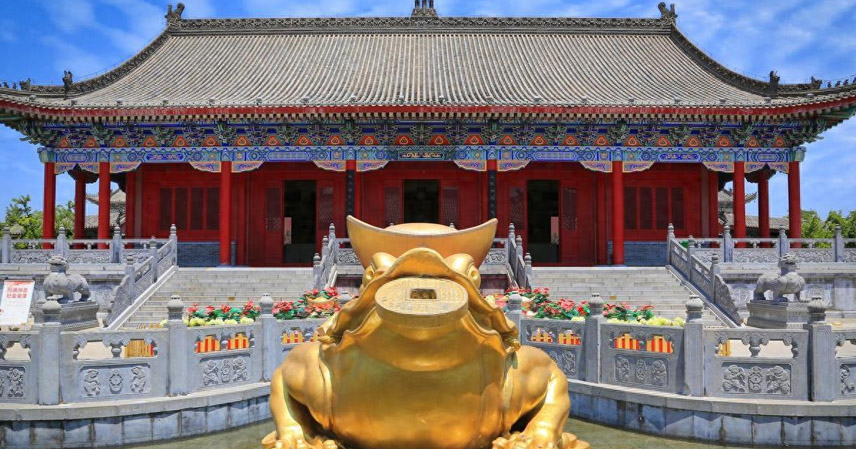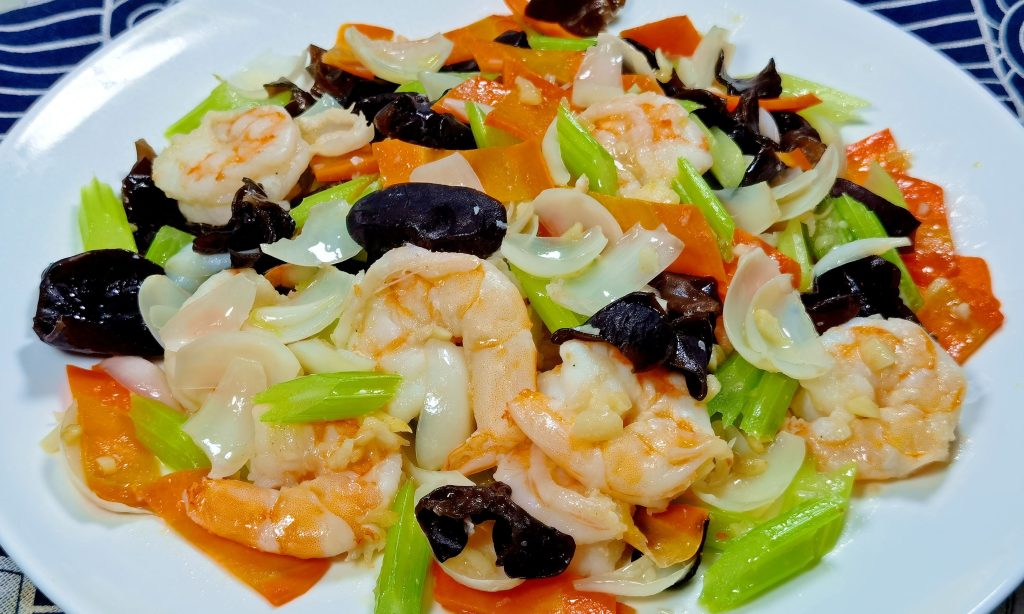While scrolling through social media this morning, I saw a friend from Shandong post about tomorrow being a prime day to pray for wealth, complete with an image of the Wealth God. I was puzzled—Isn’t the Wealth God Festival on the fifth day of the fifth lunar month? A friend from Qingdao clarified that in their region, tomorrow, the 22nd day of the seventh lunar month, is indeed celebrated as the Wealth God Festival. So, where does this tradition come from? Legend has it that this day marks the birthday of Zhao Gongming, one of the most revered Wealth Gods in Chinese folklore.
Zhao Gongming is a familiar figure to many, especially fans of the classic novel Investiture of the Gods. In the story, he was appointed by Jiang Ziya as the “Golden Dragon Ruyi Zhengyi Longhu Xuantan True Lord”, or simply Zhao Xuantan. His divine role is to oversee human wealth, commanding four lesser deities: the Treasure-Recruiting Heavenly Lord, the Treasure-Collecting Heavenly Lord, the Wealth-Recruiting Messenger, and the Profit-Bringing Immortal. Together, they handle blessings of prosperity and the pursuit of justice. As the God of Orthodox Wealth, Zhao Gongming is worshipped nationwide, with families rising early on this day to offer sacrifices, hoping for a prosperous year ahead.
Beyond worshipping the Wealth God, the day’s cuisine carries special significance. There’s a saying: “Three things must not miss the table, or fortune won’t enter the door.” Whether rich or poor, eating these foods is believed to attract wealth and blessings. What are these three essentials?
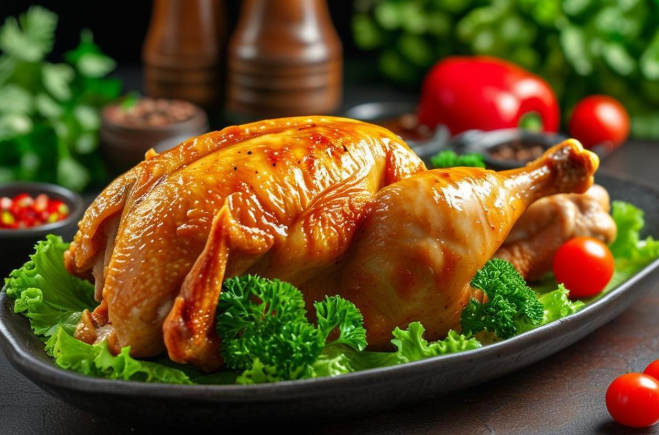
1. Whole Chicken
On this auspicious day, households prepare a whole chicken, not chopped, but cooked intact. Before eating, the chicken is offered in a sacrificial ritual, symbolizing good fortune and smooth success in life.
The preferred cooking method is steaming to preserve the chicken’s natural flavor and maintain its integrity for the ritual. After the ceremony, families gather to enjoy it, savoring both its taste and symbolic prosperity.
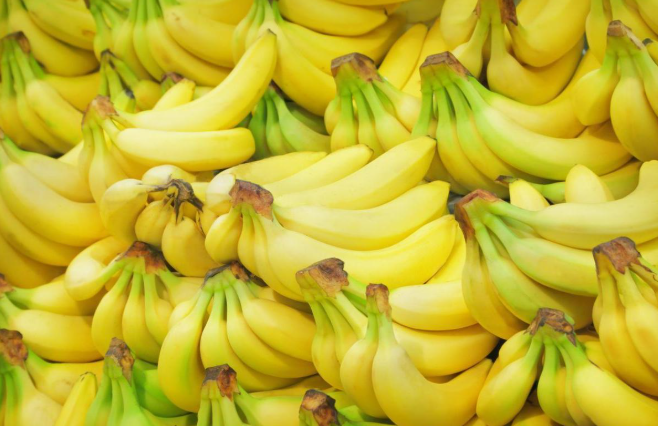
2. Bananas
For the Wealth God Festival, offerings are key, and fruits are a must. Some choose apples for peace or oranges for luck, but bananas are the most popular, symbolizing wealth attraction. Using bananas in the ritual expresses hopes for abundant wealth and a sweet, prosperous life.
When selecting bananas, ensure they are fresh, undamaged, and unblemished. Only after the ritual are they eaten, carrying the blessings of the ceremony.
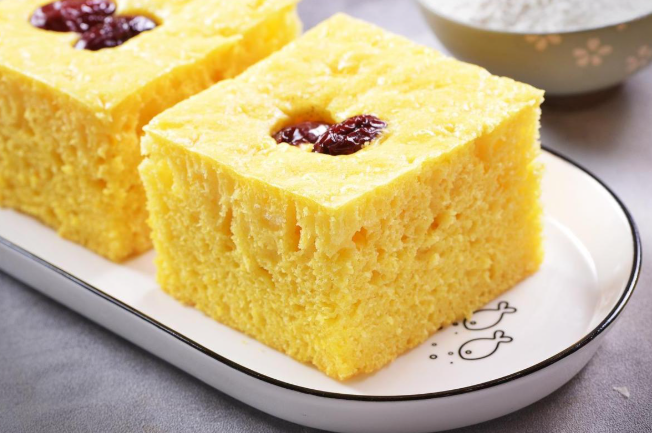
3. Fa Gao (Prosperity Cake)
Fa Gao, a steamed cake, is both an offering and a festive treat, symbolizing wealth and rising success. Some households also prepare peach-shaped steamed buns, representing longevity peaches to honor Zhao Gongming’s birthday.
Fa Gao is easy to make and signifies step-by-step advancement. Families prepare it in advance, offering it early on the 22nd to pray for wealth and good fortune.
For many merchants, this day rivals the Spring Festival in importance. Shop owners often give employees a half-day off, host feasts to thank them for their hard work, and pray for thriving businesses. The air fills with the sound of firecrackers, creating a lively atmosphere that doubles as both worship and shop promotion, aiming for a “resounding” boost to prosperity.
On the 22nd of the seventh lunar month, whether wealthy or not, don’t forget to include these three foods. They embody hopes for wealth and blessings, paving the way for a brighter, more prosperous future.

